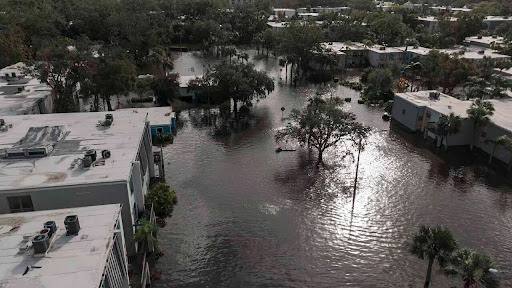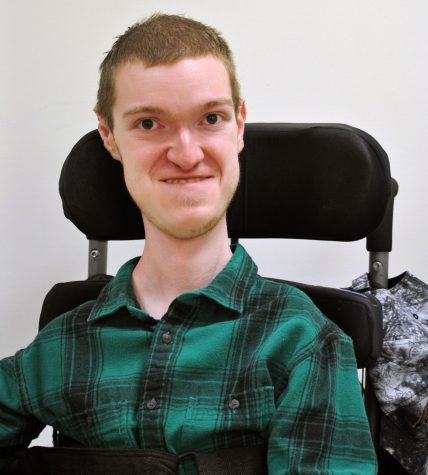The internet exists almost as its own separate world. It seems like an independent society, a group of people and interactions that don’t ever overlap with our daily in-person activities.
This fake sense of separation gives individuals a feeling that on the internet, they can be someone different—a more true version of themselves.
Having the ability to create an alternate internet identity is both a wonderful and dangerous thing.
Often for individuals with anxiety or social difficulties, the internet is a platform where communication is less stressful and judgmental.
The shield of the glowing screen gives us a feeling that it is safe to express our strange, unpopular, or embarrassing personal thoughts, and we do so without the same risks or consequences as a real conversation. It’s a pretty cool situation.
For example, imagine a young teen who is confronted with a difficult emotional conflict.
Serious conversations are often uncomfortable in person, and not everyone has the right person to talk to. The internet provides easy access to professional advice, but also to dozens of people who are going through the same situation and can offer advice on how to handle it.
Sometimes it can come from a friend through social media or messaging, and other times it can come from a total stranger.
It’s never been easier to find another kid in your same weird situation than it is right now.
Like most impactful technologies, the internet can also suck sometimes. Having an alternate online identity discourages actual human communication, which also may be contributing to a generation that can’t express their feelings without emojis.
To make matters worse, having a virtual alter ego creates a situation where it is far too easy to be cruel.
The internet is a place full of hatred, harassment and attacks that do nothing but dishearten those who are the most vulnerable.
Rather than being a safe haven for those who need it, it can become an angrier replica of our society, an expletive filled pool of ignorance and cruelty.
To avoid these unfortunate side effects, my suggestion for those reading this is to carefully evaluate the differences between your actual self and your internet self.
It’s easy to act just a bit more provocative or a tad more controversial when your biggest risk is losing one of your several hundred Instagram followers.
After you find the differences between your two selves, combine the best features of each, and you’ll become a much more unified and true version of your awesome self.









